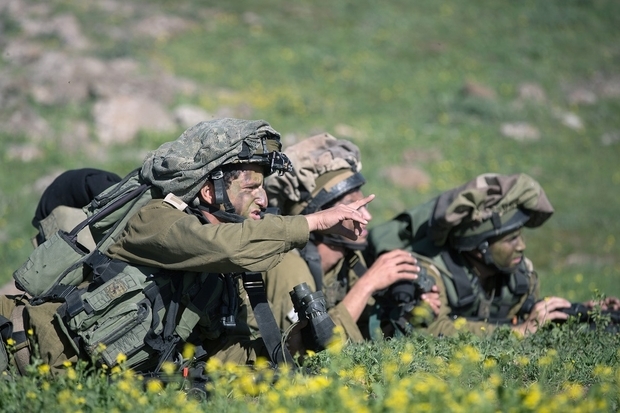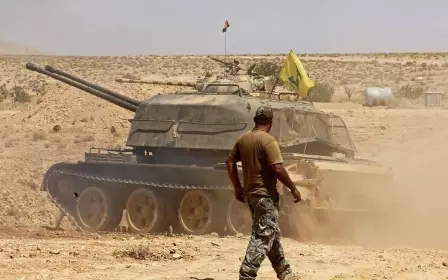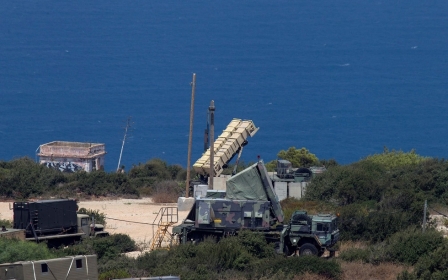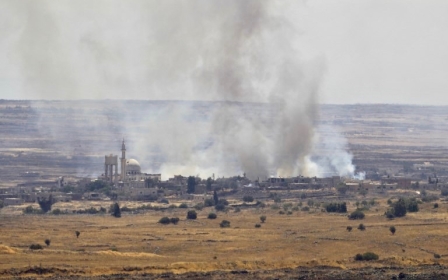Israel hits Syrian artillery after Golan fire: Reports

The Israeli army attacked Syrian government artillery on Saturday after fire across the two countries' armistice line hit the Israeli-occupied Golan Heights. Israel warned that it would intensify such retaliation in the future.
The government in Damascus controls only part of the territory on the Syrian side of the line, with the rest in the hands of rebel groups, one of them affiliated to the Islamic State group.
But the Israeli army said it would retaliate against the Syrian army, regardless of who was responsible for any fire and of whether it was deliberate or unintentional.
Israeli forces identified four hits from five rounds launched at the northern Golan from Syria, the army said, without reporting any casualties or damage.
"In response to the projectiles that hit Israel, the IDF [Israel Defence Forces] targeted three artillery cannons of the Syrian regime in the Syrian Golan Heights," it said.
"Any future occurrences will force the IDF to intensify its response," the army said, adding that it held "the Syrian regime accountable for any aggression from within its territory."
Israel has sought to avoid becoming directly involved in the six-year civil war in Syria, although it has systematically responded to fire across the armistice line on the Golan.
It also acknowledges carrying out dozens of air strikes against Hezbollah forces in Syria to stop what it calls advanced arms deliveries to the Lebanese Shia militant group, which is a key ally of the Damascus government.
Israel fought a devastating 2006 war with Hezbollah and has voiced concern that the group's involvement in Syria risks opening up a new front.
Israel seized 1,200 square kilometres of the Golan Heights from Syria in the Six-Day War of 1967 and later annexed it in a move never recognised by the international community.
The two countries remain technically at war, although before the eruption of the conflict inside Syria in 2011 the armistice line remained largely quiet.
New MEE newsletter: Jerusalem Dispatch
Sign up to get the latest insights and analysis on Israel-Palestine, alongside Turkey Unpacked and other MEE newsletters
Middle East Eye delivers independent and unrivalled coverage and analysis of the Middle East, North Africa and beyond. To learn more about republishing this content and the associated fees, please fill out this form. More about MEE can be found here.




